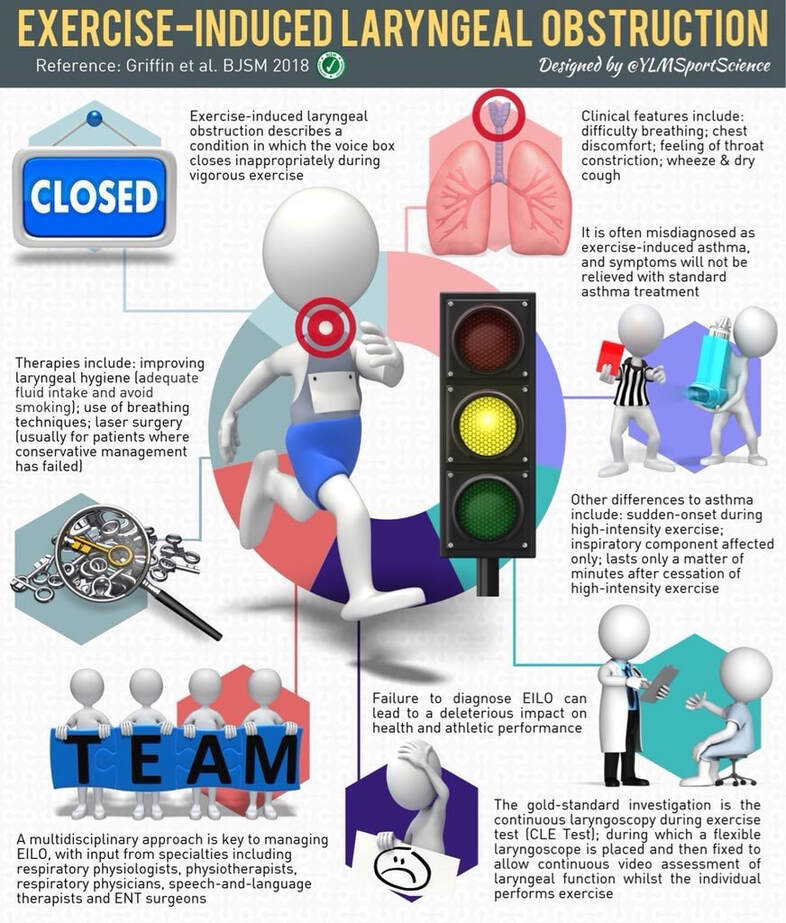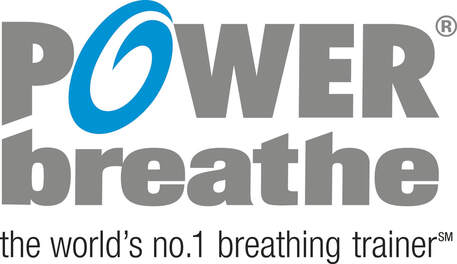Boost sport and performance with a secret weapon.
The secret weapon? Breathing of course. Having optimal Respiratory Fitness and Respiratory Muscle Strength is the way to maintain an edge over the competition.
Respiratory Fitness
Having good respiratory fitness is the key to maintaining your electrolyte function and oxygen distribution. This means that your breathing patterns are optimized to your body's demands at all times. Whether you are at rest, or charging all-out your body must be able to delicately manage its demands for oxygen with its production of acids to keep you going. By learning to breathe well, you are tuning into your body's own physiology to maintain balance and reach your true potential.
Respiratory Muscle Strength
Evidence is showing that performance can be limited by fatigue of the respiratory muscles. Once you have balanced your Respiratory Fitness, you can build on muscular endurance (after all the diaphragm is a muscle that benefits from strength training just like any other muscle). You will learn techniques to help strengthen your diaphragm, allowing you to exercise longer before feeling short of breath. Having a more efficient respiratory system also means less energy will be drawn out of your exercising muscles to feed your breathing muscles (because they always win the battle for energy!). In short, breathing better means less muscle pain. You can go farther, faster and longer with a strengthened breathing pattern. For more info on why you should train your breathing click here.
Rest and Recovery
Breathing well helps to clear your mind, calm your nerves and reduce anxiety; and reaches far beyond just sport. Job demands such as presentations, meetings and other anxiety-causing tasks can become less intimidating if you are able to employ a calm breathing pattern. And those of you that suffer from social anxieties can benefit from learning breathing techniques to settle nerves and ease speech.
Respiratory Fitness
Having good respiratory fitness is the key to maintaining your electrolyte function and oxygen distribution. This means that your breathing patterns are optimized to your body's demands at all times. Whether you are at rest, or charging all-out your body must be able to delicately manage its demands for oxygen with its production of acids to keep you going. By learning to breathe well, you are tuning into your body's own physiology to maintain balance and reach your true potential.
Respiratory Muscle Strength
Evidence is showing that performance can be limited by fatigue of the respiratory muscles. Once you have balanced your Respiratory Fitness, you can build on muscular endurance (after all the diaphragm is a muscle that benefits from strength training just like any other muscle). You will learn techniques to help strengthen your diaphragm, allowing you to exercise longer before feeling short of breath. Having a more efficient respiratory system also means less energy will be drawn out of your exercising muscles to feed your breathing muscles (because they always win the battle for energy!). In short, breathing better means less muscle pain. You can go farther, faster and longer with a strengthened breathing pattern. For more info on why you should train your breathing click here.
Rest and Recovery
Breathing well helps to clear your mind, calm your nerves and reduce anxiety; and reaches far beyond just sport. Job demands such as presentations, meetings and other anxiety-causing tasks can become less intimidating if you are able to employ a calm breathing pattern. And those of you that suffer from social anxieties can benefit from learning breathing techniques to settle nerves and ease speech.
When It's More than ASthma
Have you been diagnosed with asthma, yet medications can't stop the feeling of your throat closing in when you exercise? It might be Exercise-Induced Laryngeal Obstruction (EILO), an under-diagnosed, yet important factor in exercise related breathing symptoms. Our Advanced Breathing Disorder Assessments are structured around diagnosing and treating EILO. Don't let breathing stop you short.
For more info on EILO, see this useful resource: https://sway.office.com/GGJO7Q34QS3EIE5u
How Breathe Well Physio HelPs
Our comprehensive assessments include a full work-up of your respiratory fitness: we look at carbon dioxide levels, diaphragm thickness using real time ultrasound, inspiratory muscle strength and breathing muscle recruitment at rest and during activity. We look at your specific movement patterns required for your sport and develop a treatment plan that is geared toward reducing limitations due to breathing dysfunction and improving overall performance.
Improve breathing strength, stamina and recovery and reduce fatigue. Improve with POWERbreathe today



